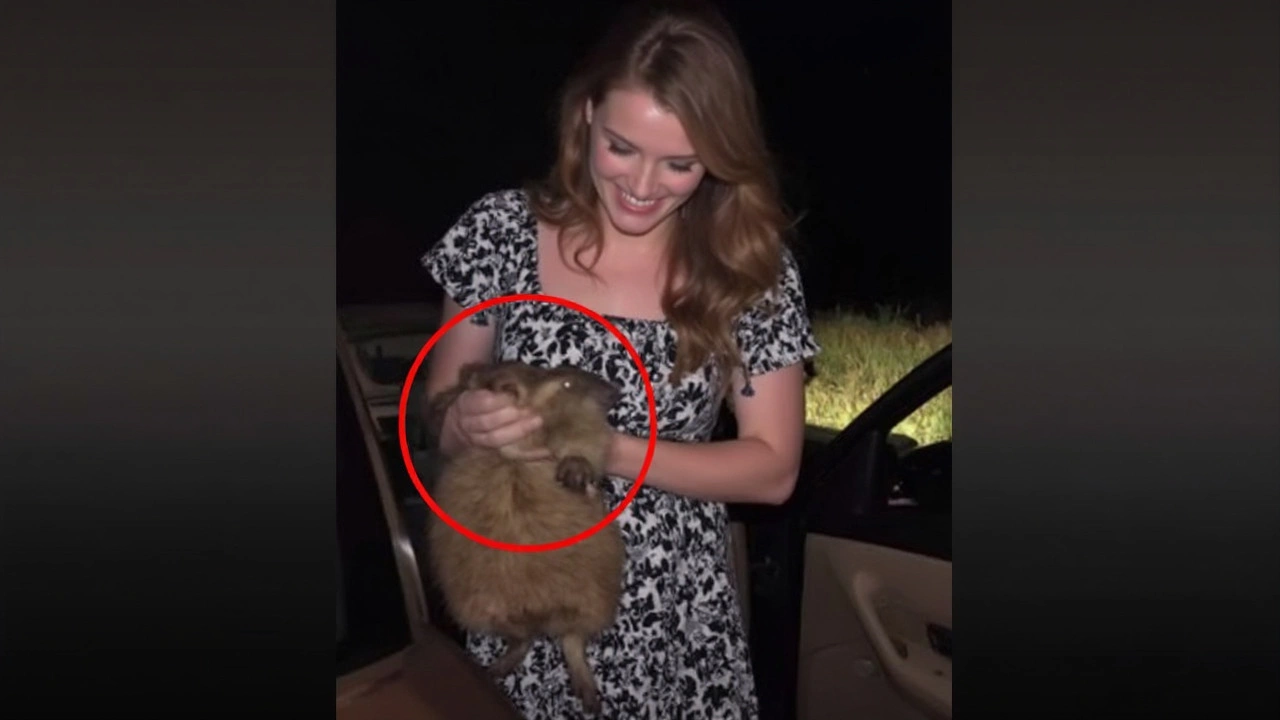An American influencer, Sam Jones, found herself amid a storm of criticism after she shared a controversial video online. The explosive footage captured Jones grabbing a baby wombat, known as a joey, from its natural habitat in Australia. As the distressed joey screeched for help, the frantic mother wombat pursued Jones, clearly agitated by the sudden separation.
The video, initially meant to entertain or engage Jones' followers, quickly had the opposite effect, sparking outrage worldwide. A cameraman's audible laughter and running commentary exacerbated the outcry, emphasizing the mother's visible distress and raising ethical alarms. In defense of her actions, Jones mentioned on social media that she released the joey after filming. However, viewers remain skeptical as the footage does not show the joey's return.
According to experts, wombats are highly sensitive creatures who rely on their mothers for survival skills for up to a year. When humans interfere with this natural bond, it puts the young joeys at risk of physical harm and severe stress. Such interference can even lead to their death, a fact highlighted by distraught wildlife conservationists.
This incident has attracted the attention of Australian authorities, as interaction with protected wildlife, like wombats, is strictly regulated. Such actions without the appropriate permits are illegal. Violators can face hefty fines of up to $235,600 or even time behind bars. The possibility of Sam Jones facing severe legal repercussions, including deportation, is now being explored.
The global advocacy group, World Animal Protection, did not mince words, condemning Jones’ actions for violating ethical wildlife tourism principles. They pointed out the potential risks involved, especially the chance of transferring zoonotic diseases through such ill-advised interactions.
Consequences on social media were immediate and fierce. Following the backlash, Jones' Instagram and TikTok accounts were either deactivated or switched to private mode to escape the relentless criticism. There’s a growing call among advocates for viewers to actively report any similar instances of wildlife exploitation.
Wildlife experts have been using this incident as a reminder for the public to support ethical conservation efforts and to steer clear of participating in or supporting dangerous animal interactions for the sake of content. Their message is clear: wildlife should be observed and appreciated respectfully, not treated as props for personal gains.





